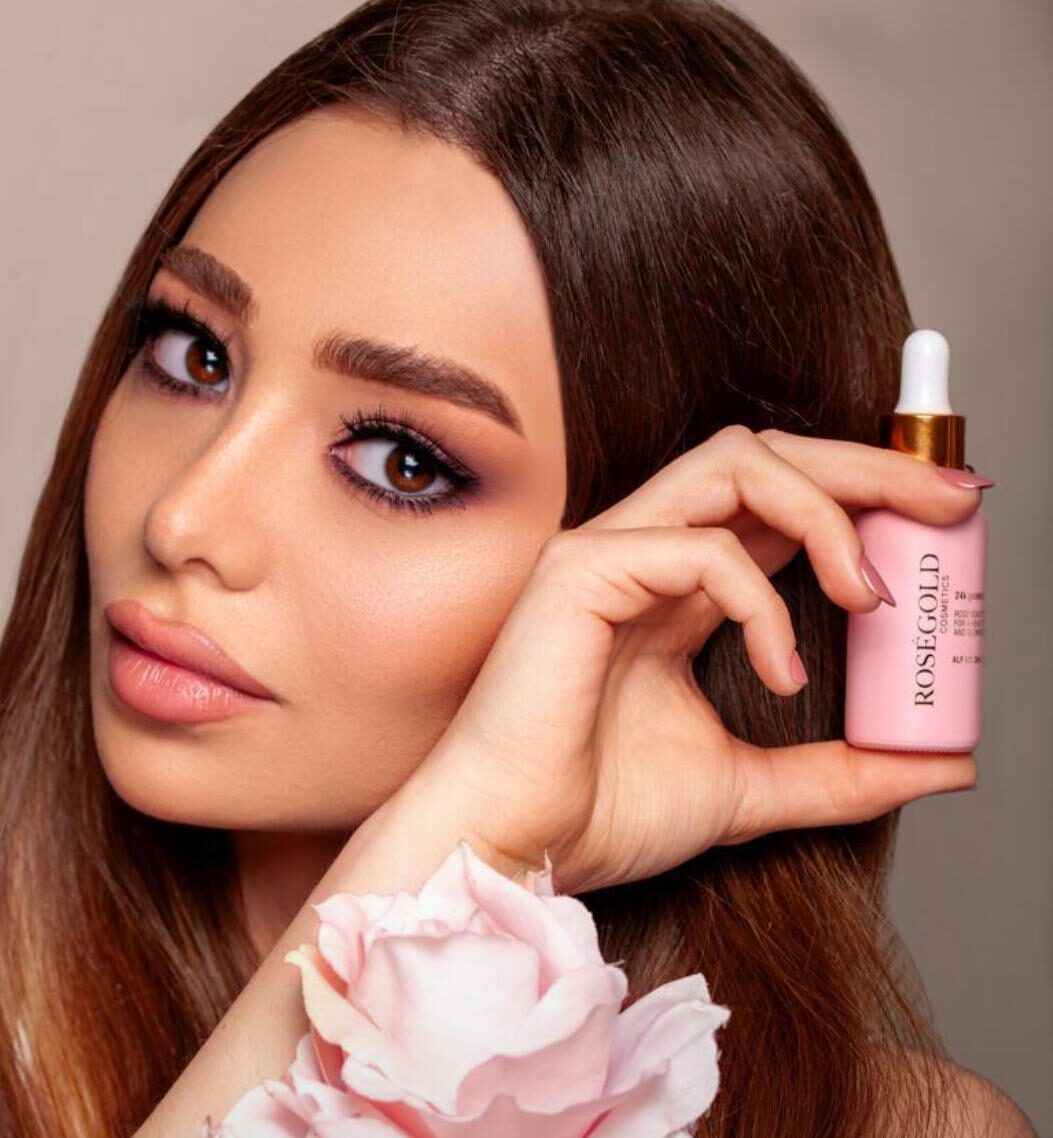Top tips for treating acne from home and abroad
Acne affects nearly 9.4% of people, making it the eighth most common disease worldwide. Acne usually begins in adulthood when the oil glands are active but can occur at any stage of life, including adulthood. Acne usually appears in areas with more oily or oily glands, such as the face, chest, arms and back. Many factors play a role in the emergence of acne, such as heredity, surrounding environment, inflammation, excess oil secretion in the skin, hormonal imbalance, bacteria, and increased blockage of dead hair follicles. Acne can appear in the form of black heads or white heads, which are non-inflammatory. Inflammatory acne can take the form of pimples, red spots, nodules and cysts. Cystic acne is a more severe form of acne where it leads to enlarged cysts and nodules that appear on the skin. This type of acne tends to be more painful and forms when oil and dead skin cells accumulate in pores or hair follicles.
The role of diet and skin health
The old adage “your body reflects what you eat” applies very much to the problem of acne and skin health. What you eat can have an impact on your skin’s health. Some studies suggest that diet may play a role in the appearance or prevention of acne. A diet rich in fruits and vegetables foods with a low glycemic index may be helpful in promoting skin freshness. Eating foods with a high glycemic index may lead to a rise in blood sugar. This fluctuation in blood sugar may affect hormones that stimulate oil production and stimulate inflammation that can lead to acne. Focusing on unprocessed foods and supplements may play a role in combating acne and enjoying healthy skin.
6 supplements to relieve acne
Probiotics
The intestinal microbiome may also play a role in the health of our skin. Probiotics can be used to help support the health of beneficial bacteria in our digestive system and may support the health of the immune system. Many studies suggest that probiotics may be helpful in treating acne. One study showed that people with acne have lower levels of lactobacilli and bacteria. Natural skin is slightly acidic to prevent the formation of pathogenic bacteria. Probiotics may also be helpful in restoring the skin to normal ph.
Vitamin A
Vitamin A is a vitamin that dissolves in fat naturally in some foods. Cod liver oil also contains a high percentage of vitamin A. Plant foods contain carotenoids, which can be converted into vitamin A in the body.
Vitamin E
Vitamin E is another fat-soluble vitamin. Some studies suggest that taking vitamin E may enhance the benefits of vitamin A and reduce potential side effects during treatment of acne and other skin diseases.
Zinc
Zinc is a key element of a trace that is involved in more than 100 physical processes such as DNA production, immune system processes, and metabolism.
Fish oil
Omega-6 and omega-3 are essential fatty acids.
Vitamin B6
Vitamin B6,also known as pyridoxin, is a water-soluble vitamin.
A healthy skin care routine
Maintaining a healthy skin care routine can help treat and prevent acne. Many topical cosmetic compounds have been studied for their anti-acne abilities.
Retinol
Retinol is a biologically active form of vitamin A that can be used topically to treat acne and other skin problems such as fine lines and wrinkles. Retinol is usually combined with other products to provide a comprehensive acne protocol.




